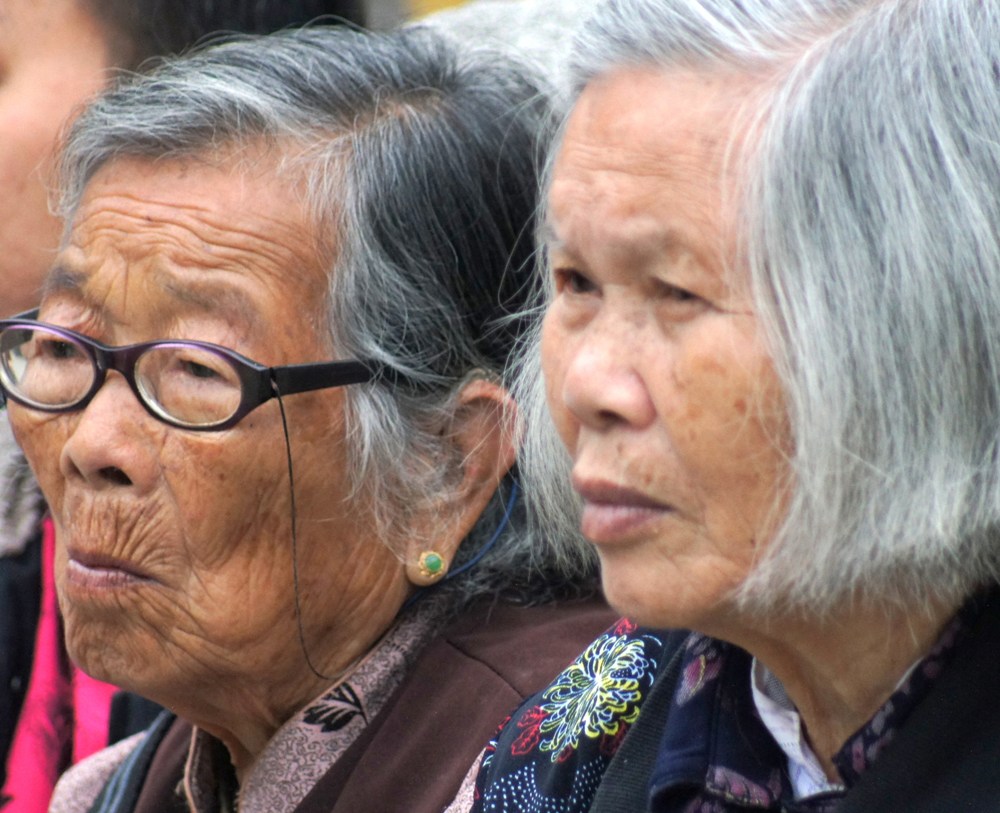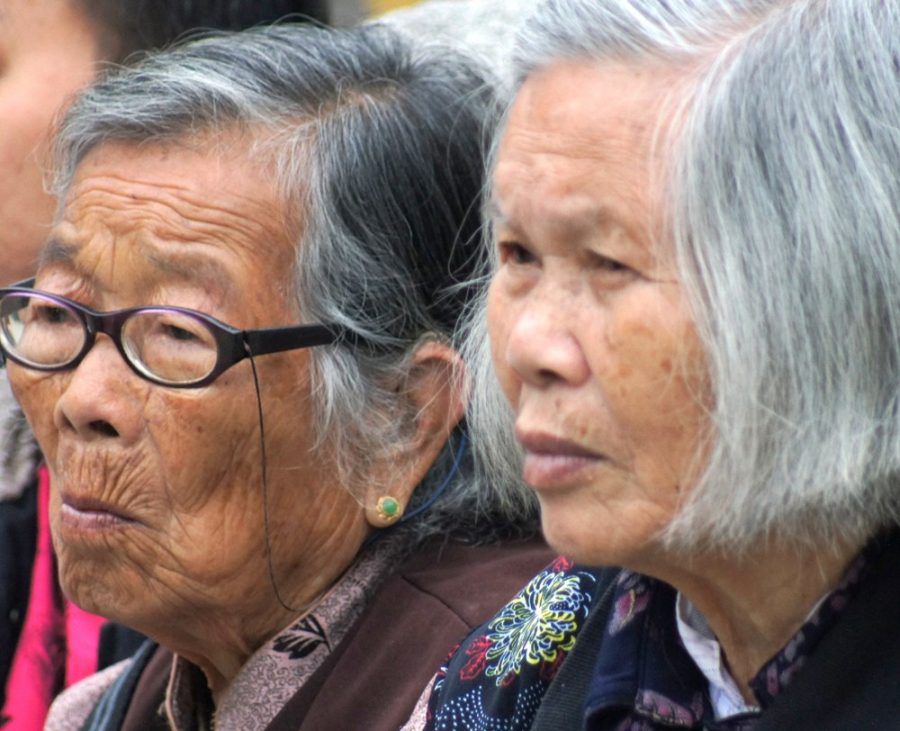The Legislative Assembly (AL) Tuesday passed a government-initiated bill on the framework for the protection of senior citizens’ rights, which aims to create a more senior citizen-friendly society.
The bill, passed during a plenary session in the legislature’s hemicycle, is slated to come into effect 90 days after its promulgation in the Official Gazette (BO).
The new Law on the Protection of the Rights and Interests of the Elderly aims to promote the virtue of respecting the elderly.
The bill’s outline was passed during a plenary session of the legislature in October last year. The legislature’s 1st Standing Committee held 10 meetings to review the bill.
Secretary for Social Affairs and Culture Alexis Tam Chon Weng attended the plenary session when the bill’s debate and final article-by-article vote were carried out.
The first draft of the bill defined senior citizens as Macau residents aged 65 or above, comprising permanent and non-permanent residents.
After listening to opinions from members of the legislature’s 1st Standing Committee that was reviewing the bill, the government revised the bill so that senior citizens are now defined as all those aged 65 or above – regardless of whether they are local residents or not – living in Macau.
The government drafted the legislation for the protection of the rights of the elderly based on Article 38 of the Macau Basic Law, which states that “the minors, the aged and the disabled shall be taken care of and protected by the Macau Special Administrative Region” (MSAR).
The new law states that protecting the rights and interests of the elderly is “the shared responsibility of the whole society”.
The new law lays out the statutory rights that senior citizens can enjoy as well as the legal responsibilities of those who violate the rights and interests of the elderly.
The new law states that those who are legally obliged to look after senior citizens have to ensure that the needs of the latter’s life are met, namely clothing, food, habitation, transport, health, and leisure.
If those who are legally obliged to look after senior citizens do not fulfil their obligations, the elderly can take legal action against them and can also request urgent legal aid, according to the new law.
During the plenary session, Tam said that the 65-age definition for the elderly is suitable for Macau.
Tam also described the new law as a “basic law” for the protection of the rights and interests of the elderly.
According to the new law, the government will have to formulate policies and carry out tasks for senior citizens based on the five principles for the elderly adopted by the United Nations (UN), namely 1) independence; 2) participation; 3) care; 4) self-fulfilment; and 5) dignity.
The first principle is that senior citizens should have access to adequate food, water, shelter, clothing and health care through the provision of income, family and community support, and self-help, according to the new law.
The second principle is that the elderly should remain integrated in society, participate actively in the formulation and implementation of policies that directly affect their well-being and share their knowledge and skills with younger generations, the new law states.
The third principle is that senior citizens should benefit from family and community care and protection, according to the new law.
The fourth principle is that the elderly should be able to pursue opportunities for the full development of their potential, the new law states.
According to the new law, the fifth principle is that the elderly should be able to live in dignity and security and be free of exploitation and physical or mental abuse. The principle also states that they should be treated fairly regardless of age, gender, racial or ethnic background, disability or any other status, and be valued independently of their financial contribution.
The new law also states that the Macau government should provide assistance to the city’s senior citizens capable of working who are willing to work, such as by running training programmes tailored for them, providing them with guidance on joining the job market, encouraging employers to acknowledge the work abilities of the elderly, and rewarding companies and organisations that are hiring senior citizens.






